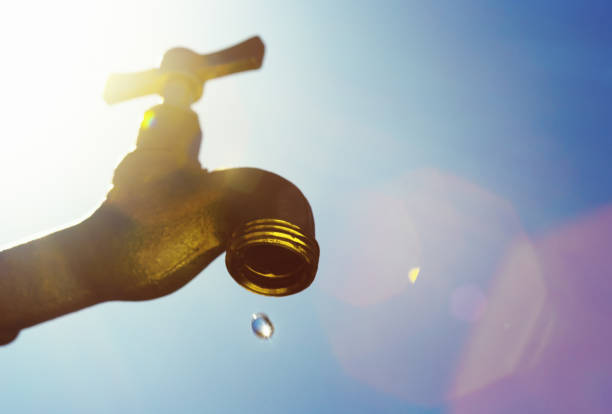Guide: How Community Members May Frustrate the Achievement of Social Justice by the Manner in Which They Use the Water Resources

Introduction
Water is a fundamental human right and a vital resource for sustaining life. In the context of South Africa, equitable access to water has been a pressing issue, reflecting broader themes of social justice and community responsibility. The ways in which community members use and distribute water resources can either promote or frustrate the achievement of social justice. This article examines how improper or inequitable use of water resources by community members may hinder social justice goals. For more detailed insights, please visit www.mycourses.co.za.
How Community Members May Frustrate the Achievement of Social Justice by the Manner in Which They Use the Water Resources
Frustration of Social Justice Through Water Resource Usage
- Wasteful Consumption: In communities where water is scarce, extravagant or wasteful use by some individuals can leave others without enough for basic needs. This creates a divide between those who can afford to waste water and those who cannot, frustrating the principle of equality.
- Illegal Water Connections: Illegal connections and siphoning off of public water supplies can divert water away from those who need it most. This undermines trust in the community and impedes efforts to provide equal access to water.
- Unequal Access to Clean Water: Wealthier community members may have access to private wells or purification systems, leaving poorer residents to rely on contaminated or insufficient public supplies. This inequality can lead to health issues and further widen the social divide.
- Environmental Degradation: Over-extraction or pollution of water resources by individuals or businesses can lead to environmental degradation, affecting the community’s overall ability to access clean and sufficient water in the long run.
- Lack of Community Engagement and Education: Misunderstandings or lack of awareness about the importance of water conservation and equitable distribution can result in community members acting in ways that are detrimental to social justice goals.
Conclusion
The manner in which community members use water resources plays a critical role in the broader pursuit of social justice. Wasteful consumption, illegal connections, unequal access, and environmental degradation can all act as barriers to achieving fairness and equality. Addressing these challenges requires a concerted effort from governments, community leaders, and individual members to promote education, responsible usage, and equitable distribution. Together, these measures can build a society where access to water is a right enjoyed by all, not a privilege for the few. For further reading and resources on this critical subject, please refer to www.mycourses.co.za.
